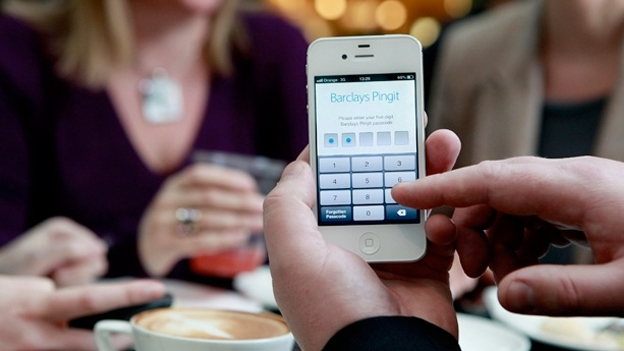40 cheers for the mobile phone: from idiot plaything to everyday essential
Four decades have passed since the first call

I vowed I'd never get one.
They, and the people who had them, were horrid: the phones were stupidly large and expensive, the owners stupidly loud and annoying. "Look at me!" the early adopters' body language and deliberately loud voices bellowed. "I am so clever and important that I can't be out of touch for even a second!"
Who in their right mind would want a mobile phone?
Today, of course, the answer is: everybody.
The cellphone is 40. The first mobile phone call was made on 3 April, 1973, by Motorola's Martin Cooper. At the time, mobile phones were expected to be tools for businessmen and women, not the rest of us. It wasn't for another 20-odd years that the mobile began colonising the mainstream, the result of better phones, better networks and new-fangled things such as SMS. Suddenly mobiles weren't just for loudmouths on the train: they were for everyone.
And then they got data connections.
The wonderful wireless world
It's no exaggeration to say that the arrival of the data-enabled phone is one of the most important technological changes we've ever seen, even if WAP turned out to be a bit crap. Adding data turned phones into pocket computers, and as WAP was replaced by proper mobile browsing we're all able to access the sum total of human knowledge from pretty much anywhere.
Sign up for breaking news, reviews, opinion, top tech deals, and more.
That's ruined pub quizzes, of course, but it's transformed lives too. In developing countries, phones are a key part of the banking system, and smartphone weather apps help farmers avoid disaster. Here, phones are slowly but surely replacing everything electrical from cameras to computers - and that's going to keep on happening.
We're already at the point where phone tech is rivalling dedicated games consoles, and we're doing more and more of our everyday computing on mobile devices which are to all intents and purposes smartphones.
So what's next? Smaller, thinner, bendier all seem like safe bets, and it's not too far-fetched to imagine our phones becoming the centre of our computing universe, the brains of the operation connecting to whatever happens to be around.
It's funny to compare today's phones and concept designs with Martin Cooper's DynaTAC. They look completely different, of course - Cooper's phone was the size of a small dog, didn't have a screen and weighed two kilograms - but they do share one crucial detail: the DynaTAC's weak point was its battery, which was only good for 35 minutes. Today's phones may be smaller and smarter, but batteries remain the smartphone's Achilles Heel.

Contributor
Writer, broadcaster, musician and kitchen gadget obsessive Carrie Marshall has been writing about tech since 1998, contributing sage advice and odd opinions to all kinds of magazines and websites as well as writing more than twenty books. Her latest, a love letter to music titled Small Town Joy, is on sale now. She is the singer in spectacularly obscure Glaswegian rock band Unquiet Mind.